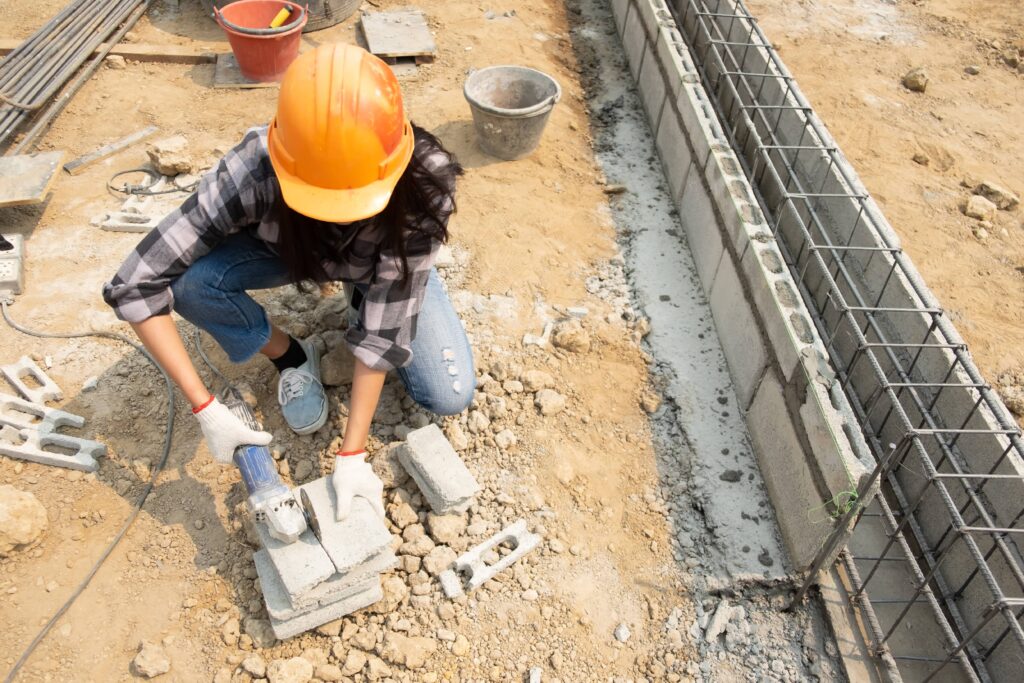When it comes to small concrete or masonry work in Miami, there are plenty of options available, but knowing where to start can be a bit overwhelming. As someone who has navigated this landscape, I can tell you that understanding the nuances of concrete and masonry work is crucial for any homeowner or property manager. The vibrant Miami climate can take a toll on exterior surfaces, making it essential to invest in quality materials and reliable workmanship. Whether you’re looking to spruce up your patio, fix a cracked driveway, or build a decorative wall, small concrete or masonry work can significantly enhance your property’s value and aesthetic appeal.
Understanding the Basics of Concrete and Masonry
Before diving into specifics, let’s clarify what we mean by small concrete or masonry work. Concrete refers to a construction material made from a mixture of cement, water, and aggregates, while masonry involves the construction of structures from individual units laid in mortar. Both materials have unique properties that make them suitable for various applications.
The Importance of Quality Materials
Using high-quality materials is essential in any construction project. In Miami, the humidity and heat can lead to deterioration if inferior materials are used. Consider investing in:
- High-performance concrete: This type of concrete is specifically designed to withstand extreme weather conditions.
- Waterproofing agents: These can be added to the concrete mix to increase durability.
- Quality masonry units: Brick, stone, and block should be chosen based on their resistance to Miami’s climate.
Common Small Concrete and Masonry Projects
There are numerous small projects that can be tackled to enhance your property. Here are a few common ones:
Patio Installation
A well-designed patio can serve as an outdoor oasis. Whether you prefer stamped concrete for a decorative look or a simple slab, a patio can elevate your outdoor living space. Consider the following:
- Design: Choose a layout that complements your home’s architecture.
- Drainage: Ensure proper drainage to avoid water pooling.
- Sealing: Seal the concrete to protect it from the elements.
Driveway Repair
Cracks and uneven surfaces in driveways can be both unsightly and hazardous. Small repairs can make a big difference. Here’s how:
- Identify the issue: Determine if the cracks are superficial or structural.
- Use appropriate fillers: For small cracks, a concrete patching compound can suffice.
- Resurfacing: For larger areas, consider resurfacing to restore the driveway’s appearance.
Maintenance Tips for Longevity
Once the small concrete or masonry work is completed, maintaining it is key to prolonging its lifespan. Here are some practical tips:
- Regular cleaning: Clean surfaces regularly to prevent dirt and grime buildup.
- Sealant application: Reapply sealants every few years to protect against moisture.
- Prompt repairs: Address any cracks or chips as soon as they appear to prevent further damage.
Hiring a Professional vs. DIY
One common question homeowners face is whether to hire a professional or tackle small concrete or masonry work themselves. Here are some points to consider:
- Experience: Professionals have the skills and experience necessary to handle unforeseen issues.
- Time: DIY projects can take longer, especially if you’re learning as you go.
- Cost: While hiring a pro may seem more expensive upfront, their expertise can save you money in the long run.
Frequently Asked Questions
What are the signs that my concrete needs repair?
Look for visible cracks, uneven surfaces, and water pooling. These are all indicators that your concrete may require attention.
How long does it take for concrete to cure?
Concrete typically takes about 28 days to cure fully, but it can be walked on after 24-48 hours. However, for heavy loads, it’s best to wait the full curing time.
Can I add color to my concrete?
Yes! Concrete can be stained or colored during mixing, allowing for a personalized look that can enhance your property’s aesthetics.
Is sealing necessary for masonry work?
Yes, sealing masonry helps to protect it from moisture and stains, which is especially important in Miami’s humid climate.
Conclusion
Investing in small concrete or masonry work can truly enhance your property in Miami. Whether you decide to go the DIY route or hire a professional handyman in Miami, understanding the materials, maintenance, and common projects can lead to a successful outcome. Remember, quality workmanship and materials are essential for long-lasting results that can withstand the Miami heat and humidity.






